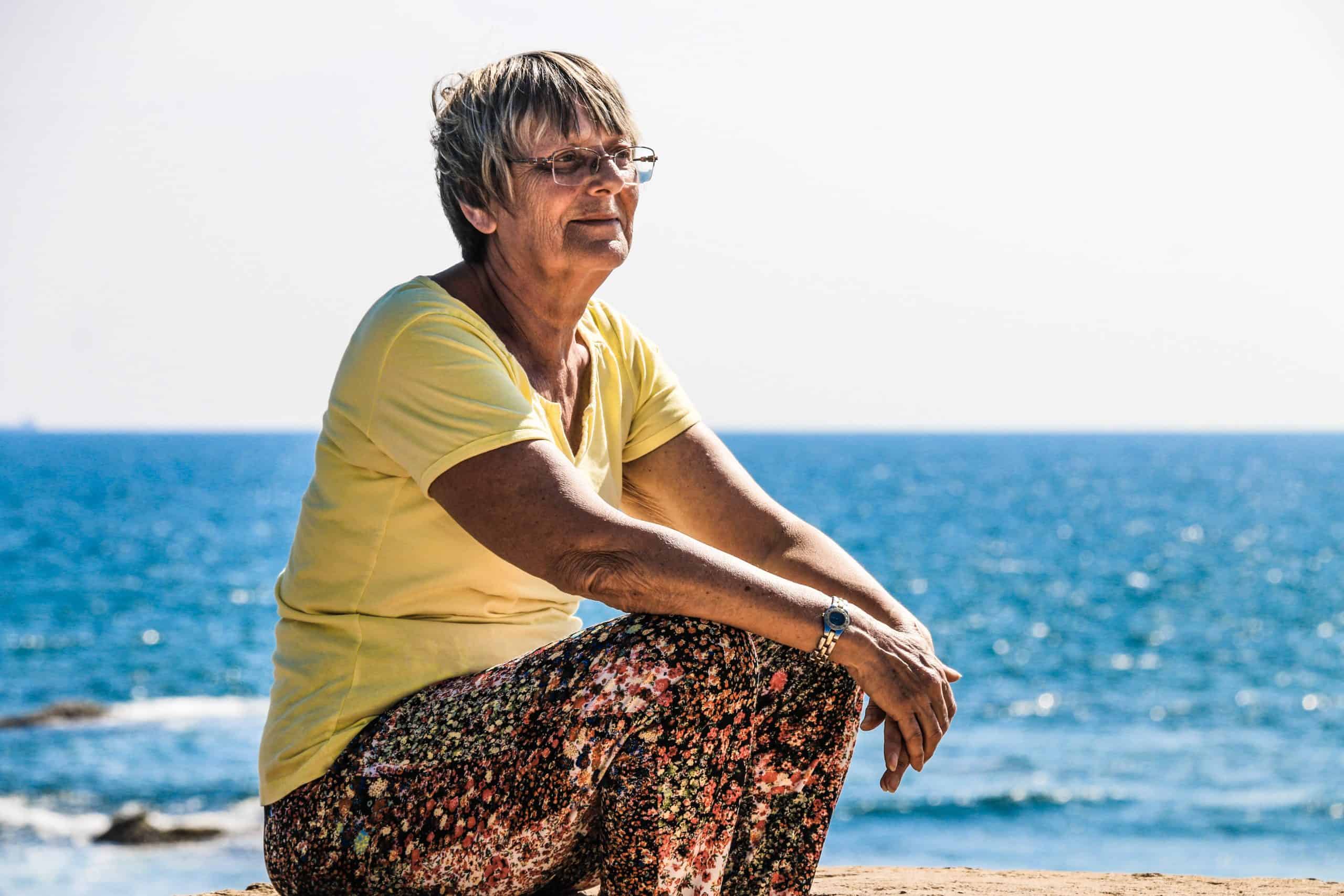What Causes Brain Injuries In Seniors And How To Minimize The Risk
Pegasus Home Care welcomes nurses from diverse backgrounds. We offer the opportunity to work in an environment that promotes equity and inclusivity. Our high standards and reputation for quality care help nurses achieve personal and professional growth.
Pegasus in-home nurses in Antelope Valley and elsewhere are experienced in caring for clients of all ages and conditions. They understand what causes brain injuries in seniors and how to minimize the risk. Career home health care nurses know prevention is essential in maintaining well-being.
Consciousness is the “state of being awake and aware of one’s surroundings.” Medical conditions that destroy wakefulness or awareness lead to disordered consciousness. A brain that’s been damaged harms consciousness.
The Whole Body Suffers When The Brain Is Injured
Brain injuries often affect every aspect of the individual. There can be changes in the person’s behavior, emotions, and physical function. Depending on the cause and severity of the injury, some individuals recover while others experience lifelong impairment.
Thousands of Americans die each year from traumatic brain injury. It’s the leading cause of injury-related death and disability.
Genetics or events before birth are one source of damaged brains. Acquired brain injuries (ABI) occur after birth. ABIs result from injuries or health conditions.
ABIs are further described as traumatic or non-traumatic. Traumatic brain injuries (TBI) are caused by an external force. Internal conditions cause non-traumatic brain injuries.
Traumatic Brain Injuries
The most common cause of TBIs in older adults is falling. If your patient still drives, they may experience a TBI if they’re in a vehicle accident. Sports can also be a source of TBIs in active individuals.
As an in-home nurse, you can help reduce the risk of traumatic brain injury in your patients by:
- Instituting fall prevention measures. Evaluate their home environment for safety hazards. The occupational therapist on your Pegasus team can teach your patient how to safely perform household duties and activities. Physical therapists can design exercises to improve an individual’s strength.
- Recommending that they take a safe driving course. The California Highway Patrol offers a free class online or in person. Organizations such as AARP and AAA also offer courses.
- Urging individuals to wear the appropriate safety equipment when participating in recreational sports. Suggest they take lessons before starting a new sport.
Assaults, domestic violence, and blows to the head are also sources of TBIs. Encourage your patient to confide in you if they feel threatened. Intervene appropriately if needed to ensure their safety.
Individuals who consume excessive alcohol increase their risk. Even moderate consumption potentially harms brains. Alcohol also impairs vision and coordination, increasing the likelihood of falling.
Statistically, alcohol consumption increases the risk of a TBI fourfold. Try these tips from experts to help your patient cut back or even stop drinking.
Non-Traumatic Brain Injuries
Both kinds of acquired brain injury can deprive the brain of oxygen. Restricted oxygen flow (hypoxia) and lack of oxygen over time (anoxia) impair cell functioning. The cells die, threatening the life of the individual.
Your patients with medical conditions such as emphysema, asthma, or COPD are at risk of reduced oxygen reaching their brain. COVID-19 may also have impaired the flow of oxygen to the brain. Other causes of hypoxia include:
- Exposure to carbon monoxide
- Inability to breathe due to injury
- Loss of blood
- Low oxygen levels in the air
Prolonged hypoxia develops into anoxia. If not promptly treated, the body begins to die.
It’s imperative that your patient and family members know first aid. If they haven’t already done so, they should install a carbon monoxide detector. If your patient is on oxygen for breathing difficulties, review safety with them.
Numerous other medical conditions cause varying degrees of non-traumatic brain injuries. These include, but aren’t limited to:
- Aneurysm
- Drug overdose
- Encephalitis
- Heart attack
- Infections
- Meningitis
- Poisoning
- Seizures
- Strokes
- Suffocation
- Tumors
Additionally, these conditions can lead to impaired thinking or reduced strength that increase the risk of falling and a TBI.
Emphasizing Safety Reduces The Risk Of Brain Injuries
You can reduce some risks by advising your patient to make lifestyle changes that strengthen them. That includes good nutrition, exercising, getting enough sleep, and quitting nicotine products.
Encourage patients to follow their physician’s instructions and get recommended vaccinations to prevent infections that can damage brain tissue. Evaluate how patients are taking their prescribed drugs. Are they complying with dosage instructions?
Are they consuming other products that may cause negative interactions? Are they using illegal drugs? If they have dementia, are all hazardous items and objections secured?
Interested In Providing One-On-One Care? Join Our Team!
Pegasus in-home nurses in Antelope Valley and our other locations are patient advocates. They are proactive in ensuring patient safety and independence. Our career home health care nurses take steps to minimize the risk of brain injuries in their patients.
Pegasus is a Certified Home Care Aide Organization and a Joint Commission Accredited Organization. We are hiring nurses who want to make a difference in the lives of others. We are a nurse-owned and operated organization, and we’re proud to be an equal opportunity employer.

